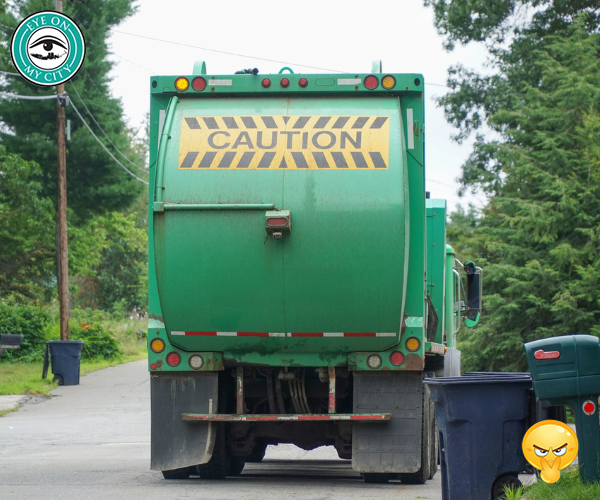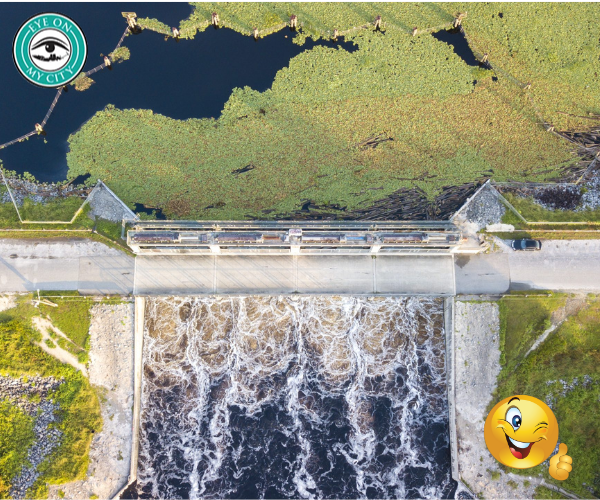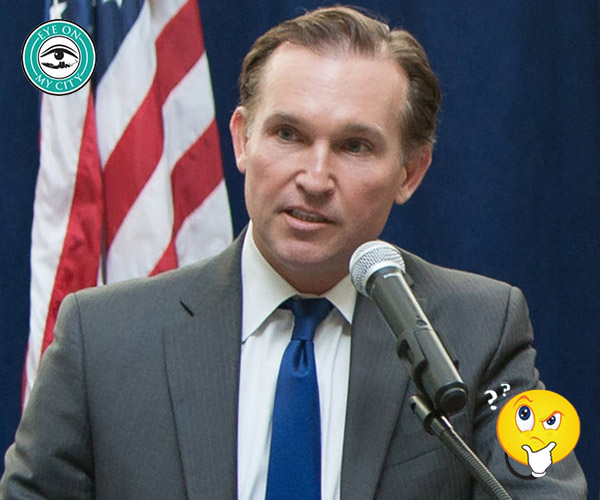
Bills related to growth that were still active in the remaining days of the 2021 Florida Legislature could aid Northeast Florida but were drawing opposition from special interests.
The bills would limit local governments from placing restrictions on growth such as impact fees.
SB 750 on impact fees would make it more difficult for local governments to require that new development shoulder even more of the costs associated with new development through raised taxes, declining services, or both. It was replaced by a House bill that requires local governments and special districts to credit against collection of impact fees any contribution related to public facilities or infrastructure; provides conditions under which credits may not be applied; provides limitations on impact fee increases; provides retroactive operation; requires specified entities to submit affidavit attesting that impact fees were appropriately collected and spent; provides retroactive application and requires school districts to report specified information regarding impact fees.
SB 1274 would reduce unnecessary oversight from state agencies like DEO, FDOT and water management districts of proposed development projects by increasing the size – from 10 acres or less to 50 acres (or from 20 acres or less to 100 acres in rural areas) – of development and allow it to move more quickly through state review for environmental and quality of life impacts. It too has been replaced by another similar bill and approved by the Senate.
Another Senate bill would limit the ability of local governments to enforce restrictive comprehensive plans and land development regulations.
SB 1146 was amended to limit local government authority to regulate building design. The amended bill would make it more difficult for special interest groups to prevent improvements in older neighborhoods.
Anti-growth and anti-business organizations are lobbying against the bills, seeking to pressure local legislators to vote against them.
But working to inhibit growth or punish property owners while the nation is trying to recover from a pandemic that devastated the economy makes no sense whatsoever.
Elected officials and bureaucrats tend to favor devices such as impact fees because they are another source of revenue the politicians can use to curry favor with voters.
Impact fees, for example, are often justified as ways to “make growth pay for itself.”
But residents of new developments immediately begin paying property taxes, sales taxes and the plethora of taxes and fees everyone pays. In most cases, they pay for the streets, sewers and water lines in their neighborhoods through the cost of their homes.










